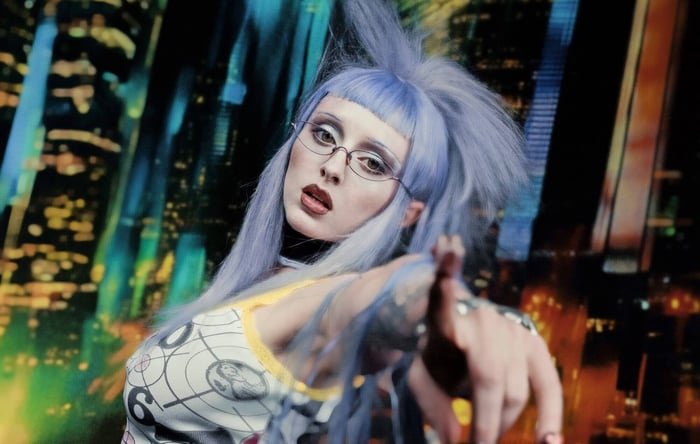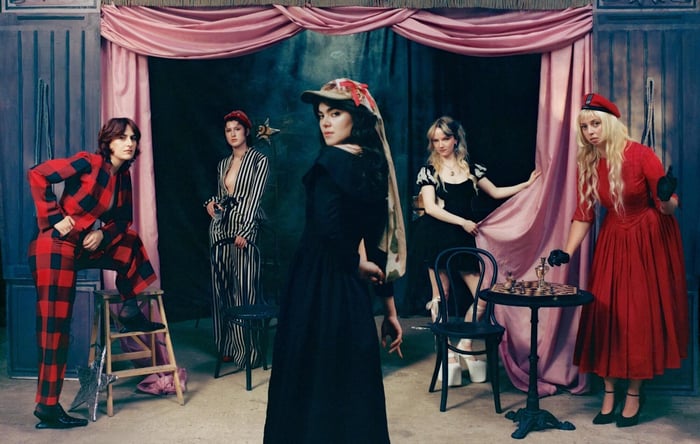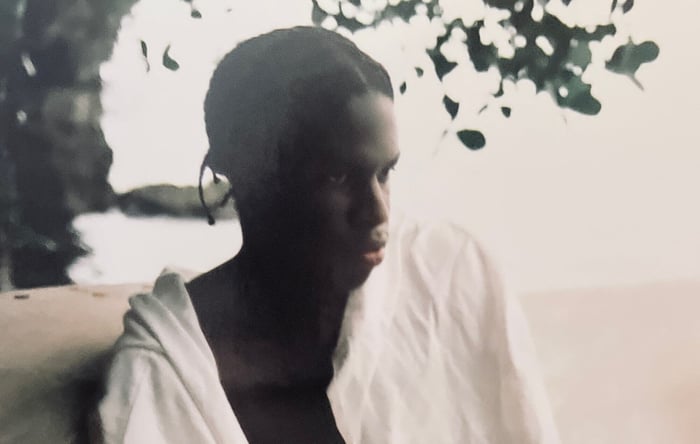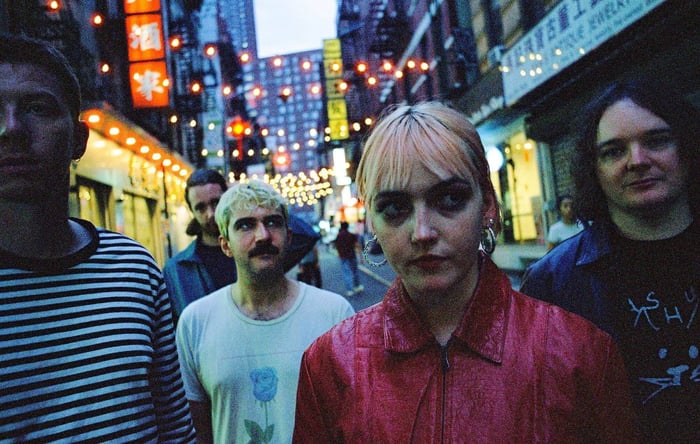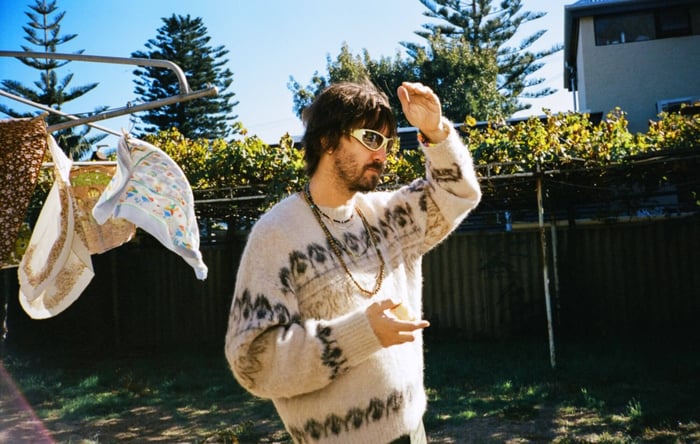
Tame Impala – ‘Deadbeat’ Review: Kevin Parker’s Psychedelic Rave Meets Adulthood’s Lyrical Stalemate
Tame Impala – ‘Deadbeat’ Review: Kevin Parker’s Psychedelic Rave Meets Adulthood’s Lyrical Stalemate
Kevin Parker's 'Deadbeat' dives deep into psych-infused rave beats, but lyrical inertia clouds this meditation on adulthood and self-doubt.
If you grew up during the early 2010s, it’s almost surreal to realize that Kevin Parker—known to the world as Tame Impala—has now spent more time collaborating with pop royalty like Rihanna than he has with his local psych-rock roots. Watching his evolution has been a fascinating journey, and his latest album, Deadbeat, feels like the clearest reflection yet of the man behind the project. Here, Parker wrestles with a fresh chapter in life: the dizzying, often discombobulating crossover into stardom and fatherhood, all hinted at by the album’s evocative title and artwork.
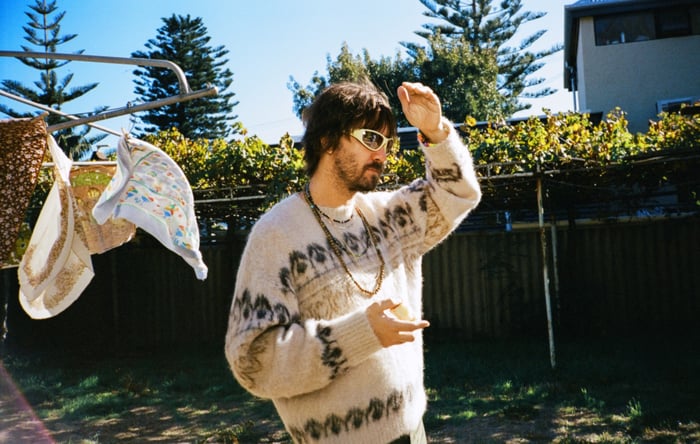
From Bedroom Psychedelia to Pop Collaboration: Parker’s Remarkable Rise
Let’s rewind to 2020, a pivotal moment for Parker when he fully embraced the pop world, collaborating with heavyweights like Lady Gaga, Kanye West, and The Weeknd. His crossover wasn’t sudden; it was the natural progression following the slow-burning success of 2015’s Currents, which also marked a sonic evolution towards lysergic grooves and synth-heavy rhythms. His 2020 album, The Slow Rush, though a tad less immediate than Currents, pulsed with the heartbeat of ’90s house music, energized by those high-profile collaborations.
Beyond music, those years marked huge personal milestones: marriage, buying the seaside shack where he recorded his breakout debut Innerspeaker, clinching a Grammy, and diving into a full album project with pop sensation Dua Lipa. It was a whirlwind, to say the least.
Watch: Tame Impala - My Old Ways (Official Video)
Adulthood’s Weight: Lyrical Anxiety Meets Newfound Stardom
By 2025, Parker is a different man in a different place professionally, but the insecurities have stubbornly stuck around. His music, from Innerspeaker to Currents, carried an unmistakable thread of self-doubt and introversion. The 2012 album Lonerism was practically a manifesto of that internal struggle. Even as his psychedelic sound evolved into a lush pop syrup, his lyrics were drenched in melancholy — a sadness you could dance your heart out to.
While The Slow Rush felt like Parker trying to come to terms with his insecurities and find a foothold in life, Deadbeat feels like a full embrace of those anxieties. He told GQ that the album title “felt so warm and comforting for the world to know that’s how I see myself.” There’s self-deprecation woven throughout the album, but beneath it hides a deeper tension: Parker is pushing beyond his comfort zone musically, yet his lyrics stall in a kind of inertia that hampers his fresh musical vocabulary.
Opening Tracks: A Confession Set to Dance Rhythms
The album kicks off with My Old Ways, where Parker croons “I tell myself I’m only human” over a looping piano line that blooms into a rich house rhythm. It’s a confession of barely coping, of screwing up in endless ways. No Reply continues the trend, mixing amapiano and psych-pop as Parker laments his inability to answer texts, distracted by his own mental fog.
Then there’s Dracula, a dramatic disco track inspired by Quincy Jones’s work on Thriller. Parker paints himself as a shut-in finding refuge in darkness: “I run back to the dark, now I’m Mr. Charisma, fucking Pablo Escobar.” By the time the album’s first single, Loser, rolls around, Parker’s insecurities are on full blast—“I’m a tragedy / tryna figure my whole life out”—and they start to overshadow the once-imaginative arrangements. Compared to the somewhat repetitive The Slow Rush, Deadbeat shows more stylistic variety but still struggles to balance the lyrical content with the music’s energy.
Watch: Tame Impala - Dracula (Official Video)
Mid-Album Lulls and Electronic Adventures
Oblivion deepens the haze with sluggish dancehall vibes, Parker’s vocals submerged under the groove, as if he’s deliberately reining in his words. Then comes Not My World, a shift into formal tech-house that drifts lazily before erupting into a big-room rave. It’s a tantalizing reminder of dance music’s power to unshackle the spirit, but Parker’s self-absorption holds it back. The track overstays its welcome, better suited as a DJ tool than an album centerpiece.
Thankfully, Parker regains his footing with Piece of Heaven and Obsolete. The former pulses with a synth-pop beat that nods to Enya’s iconic Orinoco Flow, while the latter channels the unmistakable R&B touch of Timbaland. Then Ethereal Connection growls with industrial techno tension, Parker’s sweet vocals clashing and merging with the bristling production: “You and I have something / That I never can describe.” Still, the same lyrical disconnect surfaces here, echoing earlier frustrations.
The album closes with End of Summer, a techno journey that encapsulates the malaise permeating the record—a fitting coda to Parker’s introspective dance.
Childhood Shadows and Musical Escape
In that candid GQ interview, Parker revealed how parental neglect shaped his introversion and passive tendencies. Listening to techno transported him “like I’m not physically where I am right now, like I’m in outer space.” The album’s cover art, showing Parker embracing his child, suggests a reclamation of his broken relationship with childhood and an acceptance of his new role as a father. This theme shimmered faintly in The Slow Rush, where Parker sought sunlight amid shadows. In Deadbeat, however, he’s out in the open—full “bush doof” mode—but the emotional disconnect makes the album a tougher listen.
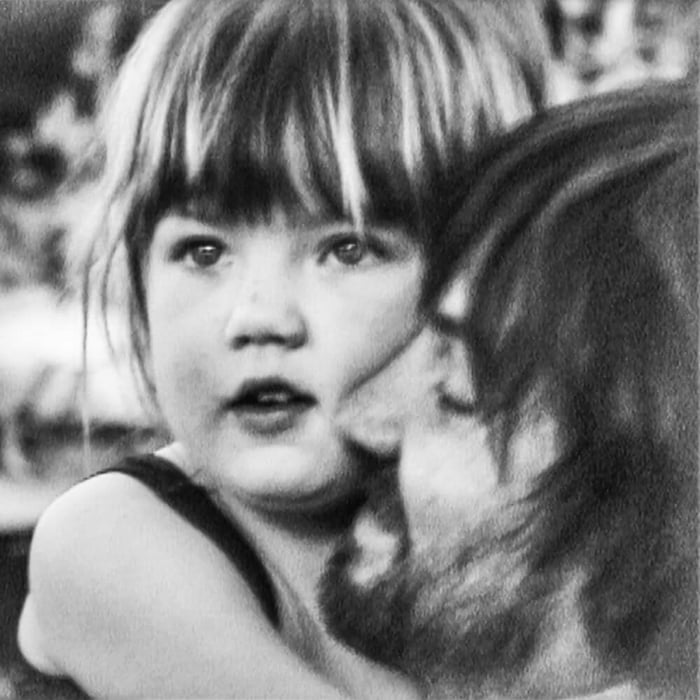
Album Details
- Record label: Columbia Records
- Release date: October 17, 2025
Tame Impala’s Deadbeat marks a fascinating, if uneven, chapter in Kevin Parker’s career—an album that wrestles with adulthood’s contradictions through a swirling mix of psych-rave beats and lyrical inertia. It’s a sonic meditation on the struggles of self-acceptance, success, and new responsibilities that many listeners will find achingly familiar.
FAQ
- What themes does ‘Deadbeat’ explore?
Deadbeat delves into themes of adulthood, self-doubt, anxiety, fatherhood, and personal growth, wrapped in psychedelic and dance music styles. - How does ‘Deadbeat’ compare to previous Tame Impala albums?
It features more stylistic variety and electronic experimentation but is lyrically more introspective and sometimes more inert compared to earlier works like Currents. - What musical genres influence the album?
The album draws from psych-pop, house, amapiano, disco, industrial techno, and R&B, showcasing Kevin Parker’s wide-ranging palette. - Why is fatherhood significant in this album?
Fatherhood appears as a key influence, reflected in the album artwork and the emotional weight of Parker’s lyrics, signaling a new life chapter. - Is ‘Deadbeat’ a dance album or more of a personal reflection?
It’s both—a fusion of club-ready beats and deeply personal, sometimes vulnerable, lyrical content that creates tension throughout the record.
Love the vibe of Deadbeat? Bring the spirit of Tame Impala’s art and music into your space by shopping your favorite album cover poster at our store. Celebrate the journey of music and life with a timeless piece on your wall. Explore our collection here.
 | DISCOUNTGET 30% OFF*Use code on your next order:
|
* This post may contain affiliate links, meaning we earn a commission if you make a purchase through these links, at no additional cost to you.





